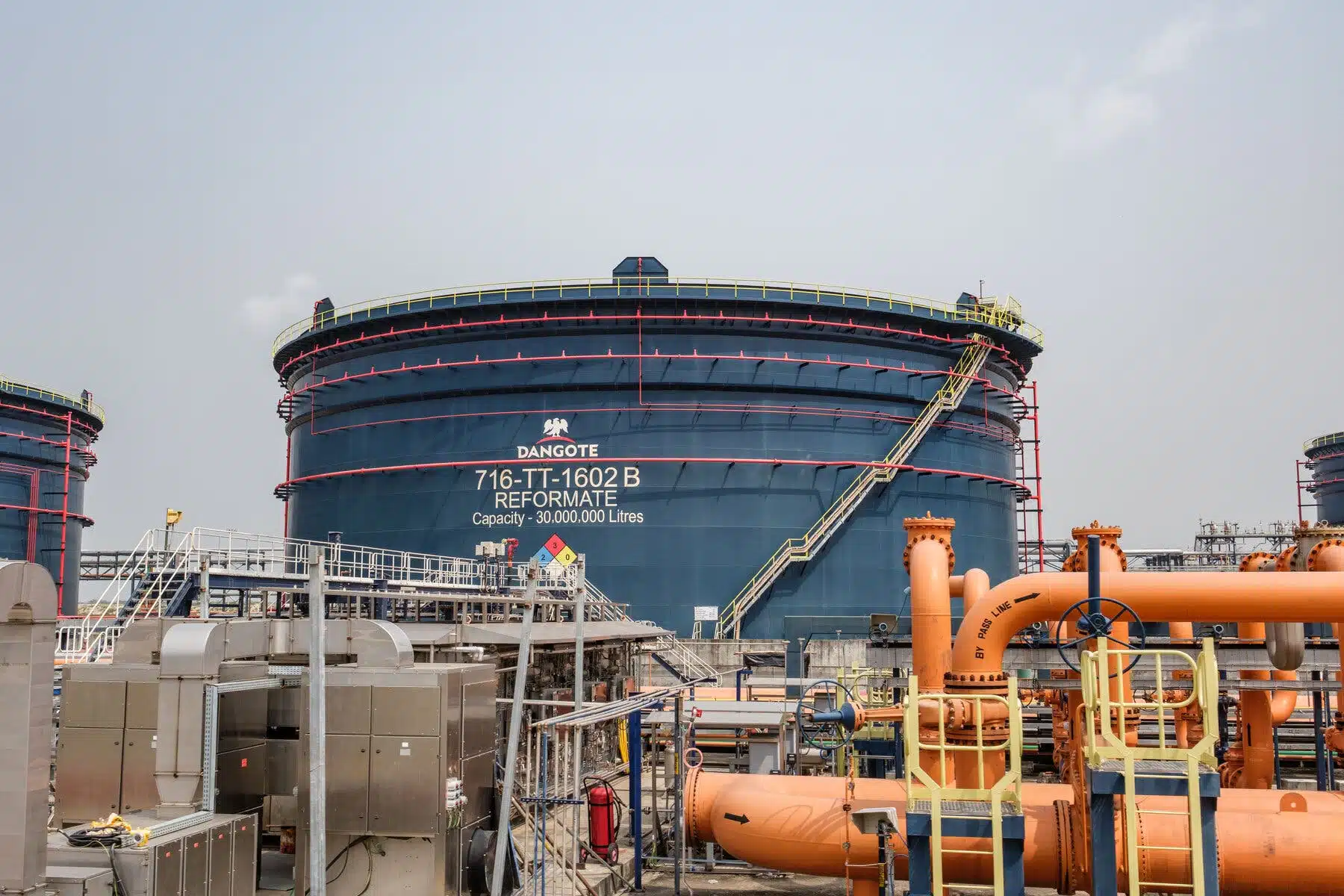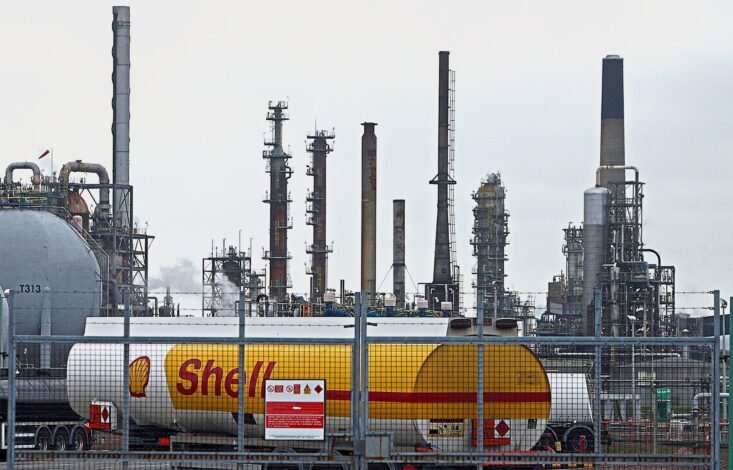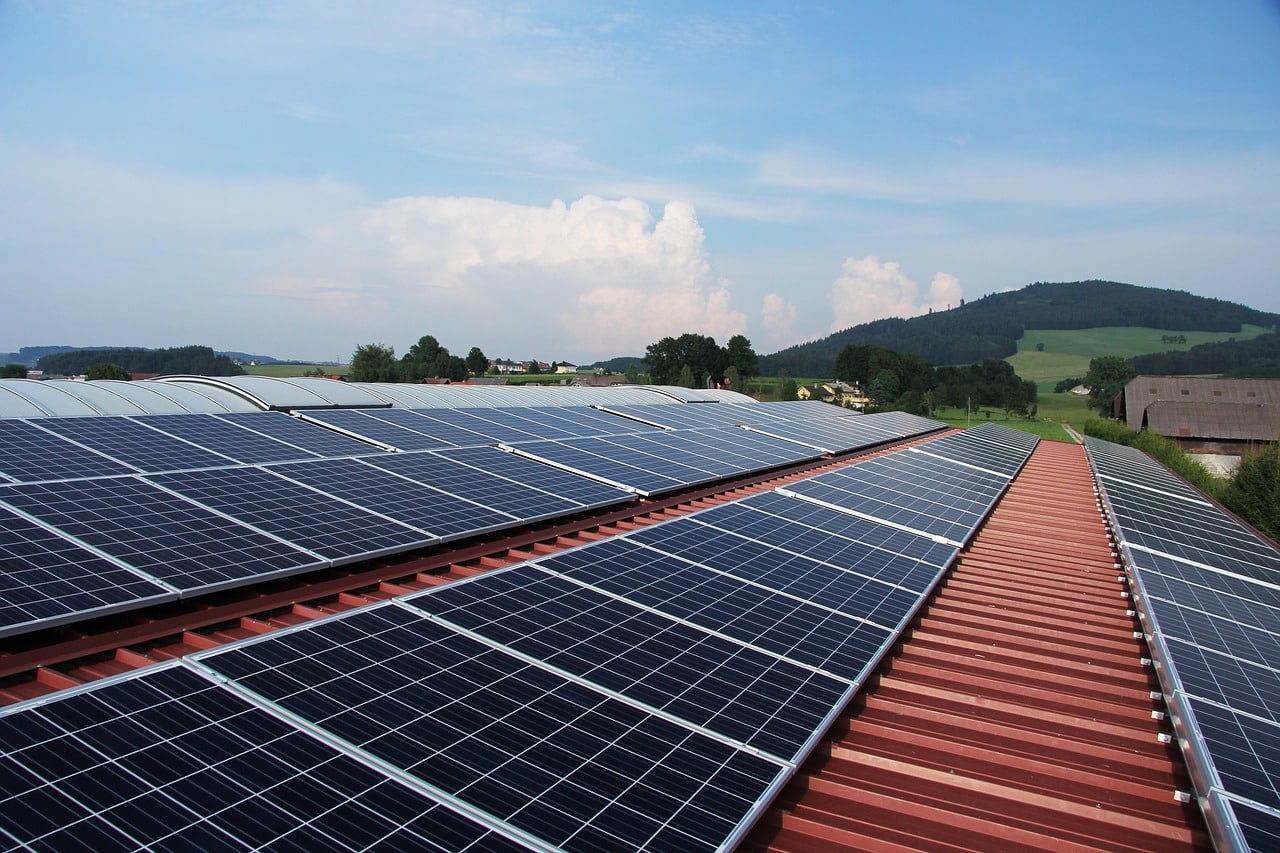The Africa Finance Corporation (AFC) has revealed that it invested a loan facility of $300 million as part of the construction of Dangote Refinery.
The corporation made this disclosure in its 2024 Development Impact Report, as seen by Energy in Africa.
The refinery, which is located in Lagos, has a capacity of 650,000 barrels per day (bpd).
According to AFC, the project will double Nigeria’s refining capacity and reduce dependence on imported fuel.
AFC said the facility was part of its commitment to support projects that promote energy security in Africa’s biggest oil producer.
Economic impact of the facility
Moreover, The corporation explained that the refinery and its associated fertiliser unit would help stabilise the Nigerian economy.
The fertiliser plant, with a production capacity of 2.8 million tons annually, is expected to improve crop yield and food security.
According to AFC, the project is projected to improve Nigeria’s trade balance by $8.8 billion annually.
It also estimated that the refinery would raise the country’s Gross Domestic Product (GDP) by $13 billion and generate $3.3 billion in government revenue.
“The refinery project doubles Nigeria’s refining capacity, reducing reliance on imported fuel and promoting energy self sufficiency. It contributes to economic growth, with an expected increase in GDP and revenue for government,” AFC said in the report.
The report stated that the financing was part of AFC’s wider strategy to fund industrial and infrastructure projects across Africa.
It added that such investments were aimed at strengthening regional supply chains and supporting sustainable growth.
Beyond the Dangote project, AFC also backed BUA Cement’s expansion programme in Sokoto State. The project is set to raise production capacity from 2 million tons to 8 million tons per year, creating about 1,000 direct jobs and 11,000 indirect jobs.
“The project strengthens regional construction supply chains and supports infrastructure development,” the report added.
Industry challenges in Nigeria’s refining sector
Nigeria has for years struggled with low refining capacity despite producing about 1.5 million bpd of crude oil.
The country spends billions annually importing refined fuel, a situation that puts pressure on its foreign exchange reserves.
The Dangote Refinery is expected to play a major role in reversing this trend.
Once fully operational, it will meet domestic fuel demand while also supplying neighbouring countries in West and Central Africa.
However, challenges remain. These include the availability of crude supply, pricing rules, and infrastructure gaps.








